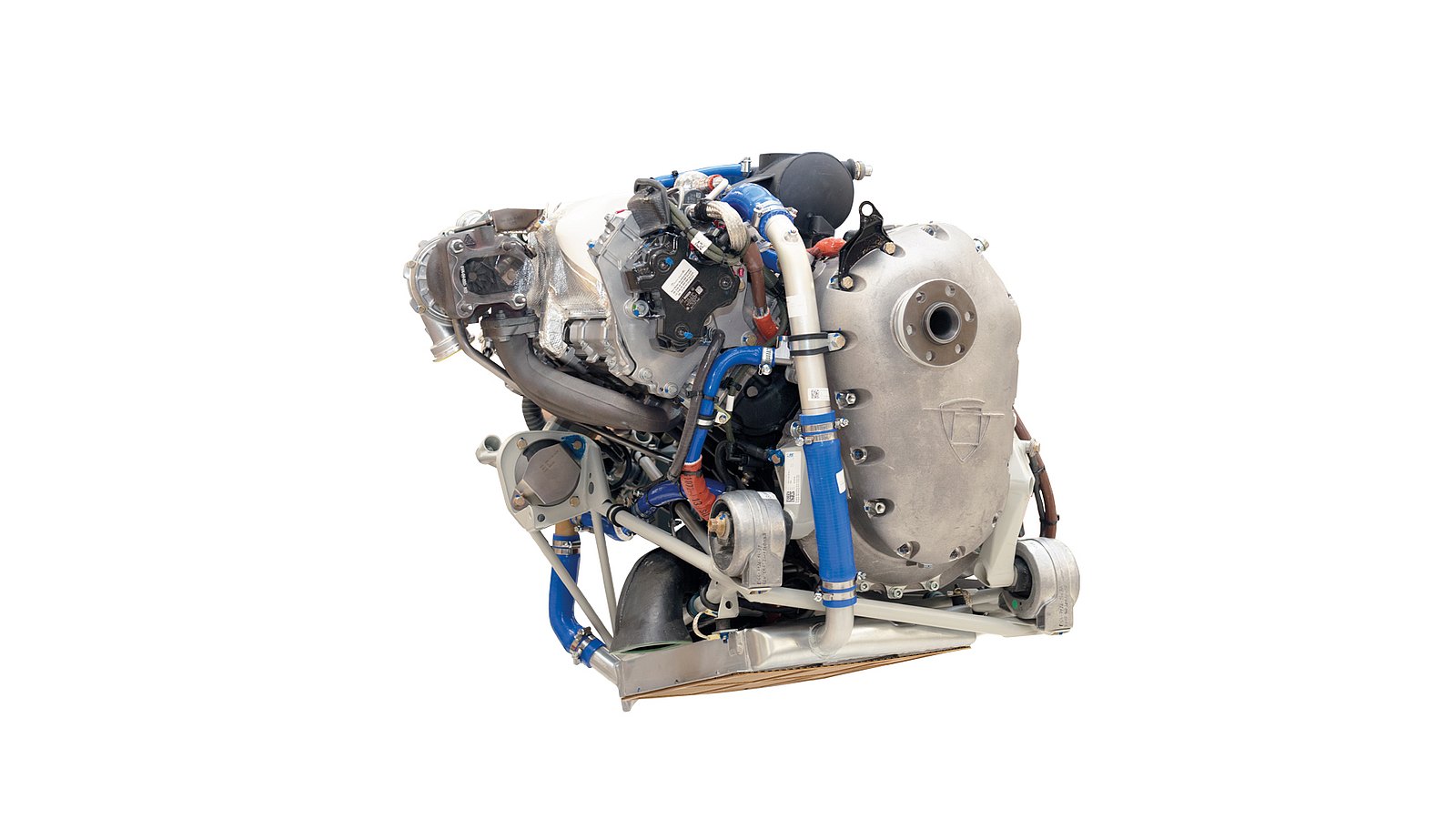Engines For Africa: Top Option for Automotive Enthusiasts
Engines For Africa: Top Option for Automotive Enthusiasts
Blog Article
A Complete Guide to Picking the Right Engine for Your Task
Choosing the ideal engine for your task is a crucial choice that can substantially influence its general success. It is crucial to carefully define your project needs, assess performance demands, and think about user-friendliness alongside other important factors. Additionally, understanding the neighborhood assistance available and inspecting cost implications can even more refine your choice. Each of these components plays a crucial role in making sure that your chosen engine not only meets immediate purposes yet also aligns with long-lasting ambitions. As we discover these considerations, you may discover that the nuances of each facet reveal more than initially expected.
Define Your Task Needs
Defining your task requires is a crucial action in choosing the suitable engine for successful application. A detailed understanding of your task's goals will certainly assist you in identifying the features and abilities called for from an engine. Begin by outlining the scope of your job, including the preferred performance, target audience, and the particular end results you aim to accomplish.
Next, consider the technological demands that line up with your job objectives. This consists of examining the compatibility of the engine with existing systems, along with the shows languages and structures that will certainly be utilized. In addition, evaluate the level of scalability called for to fit future growth or changes sought after.
Budget plan constraints additionally play an essential duty in defining your job needs. Establish a clear monetary framework to direct your decision-making procedure, making certain that the engine chosen fits within your budget while giving the necessary functionality.
Evaluate Efficiency Needs

Engines that support horizontal scaling are commonly more suitable for larger applications. Furthermore, assess the engine's efficiency under various problems, such as peak use scenarios, to guarantee it fulfills your dependability requirements.
Take Into Consideration Convenience of Use
While technological specifications are essential, the simplicity of use of an engine can significantly impact the advancement process and total project success. An user-friendly interface, clear paperwork, and streamlined process can significantly minimize the understanding curve for designers, allowing them to concentrate on creative thinking and problem-solving as opposed to grappling with complicated devices.
When reviewing an engine's ease of usage, take into consideration the onboarding experience. A well-structured intro, total with tutorials and example tasks, can promote a smoother change for new users. In addition, the quality and comprehensiveness of the engine's documentation play a vital role; thorough guides and API references can empower programmers to troubleshoot and carry out attributes great site successfully.
An engine that allows for very easy modifications can be more easy to use, as designers can tailor it to fit their details requirements without comprehensive hassle. Ultimately, selecting an engine that prioritizes convenience of use can lead to a more efficient and delightful development experience.
Assess Community and Support
The strength of an engine's area and support network can greatly influence a programmer's experience and success. A vivid neighborhood frequently indicates a riches of shared knowledge, resources, and troubleshooting aid that can improve your job's development process. When examining an engine, consider the size and activity level of its neighborhood. Bigger neighborhoods usually provide extra forums, tutorials, and third-party plugins, enabling programmers to locate solutions much more effectively.
Moreover, examine the accessibility of official support networks. Reliable documents, receptive consumer assistance, and routine updates are important for resolving technological problems and maintaining your project on track. Engines For Africa. Energetic areas likewise promote cooperation, giving opportunities for networking and comments, which can be very useful, specifically for little teams or independent designers
In addition, explore the visibility of community-run events, such as meetups or hackathons. These celebrations can improve your understanding of the engine while attaching you with possible collaborators and experienced users. In summary, a robust area and support group not just streamline growth however also develop an atmosphere conducive to discovering and technology, eventually boosting the probability of your project's success.
Compare Price and Licensing Choices
Budget factors to consider play a critical role in picking the appropriate engine for your job, as the cost and licensing options can substantially impact both short-term expenditures and long-term feasibility. Engines For Africa. Different engines offer differing pricing more information structures, which can include single acquisition costs, registration versions, or revenue-sharing agreements based on your job's profits

Licensing choices additionally differ considerably. Some engines are open-source, providing versatility and community-driven support, while others may call for proprietary licenses that limit usage and distribution. Recognizing the implications of each licensing version is crucial, as it influences possession rights, future scalability, and prospective lawful responsibilities.
Final Thought
Finally, choosing the proper engine for a project requires an extensive analysis of specified project needs, performance requirements, convenience of use, community assistance, and price considerations. By systematically addressing these vital aspects, decision-makers can guarantee alignment with both current and future task demands. A well-informed choice eventually boosts the likelihood of job success, enabling efficient resource allocation and optimizing potential end results within the defined budgetary constraints.
Choosing the proper engine for your job is a critical choice that can dramatically affect its total success.Specifying your job requires is an important step in picking the proper engine for effective implementation. A detailed understanding of your task's goals will lead you in determining the features and abilities called for from an engine.Once you have a clear understanding of your job requires, the following action is to evaluate the efficiency needs of the engine.In final thought, selecting the appropriate engine for a project necessitates a thorough assessment of defined project demands, performance needs, you can try this out convenience of use, neighborhood support, and price considerations.
Report this page